Reading skills development Normal Worksheets for Ages 3-8
7 filtered results
-
From - To
Enhance your child's reading skills with our engaging Normal Worksheets tailored for ages 3-8. Our collection offers a variety of interactive activities designed to foster literacy development in young learners. Each worksheet is crafted to promote phonemic awareness, vocabulary building, and reading comprehension through fun, age-appropriate exercises. Perfect for homeschooling, early classroom settings, or supplementary practice, these worksheets make learning to read an enjoyable adventure for kids. Encourage a love for reading as your child explores letters, sounds, and words, all while developing critical skills needed for academic success. Start their reading journey today with our educational resources!
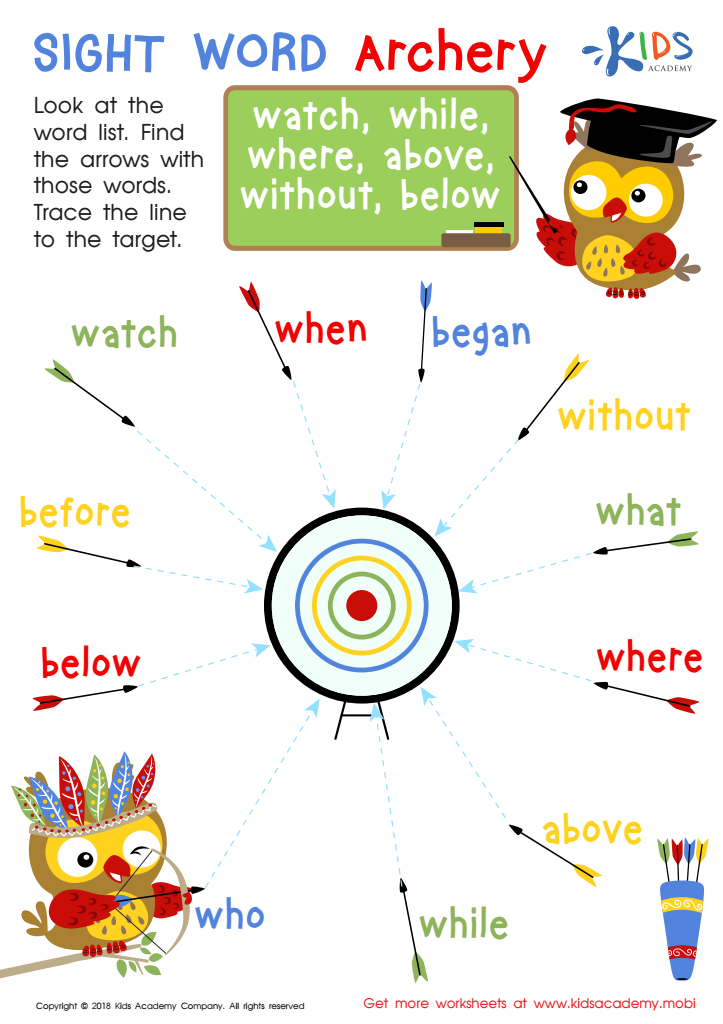

Sight Word Archery Worksheet
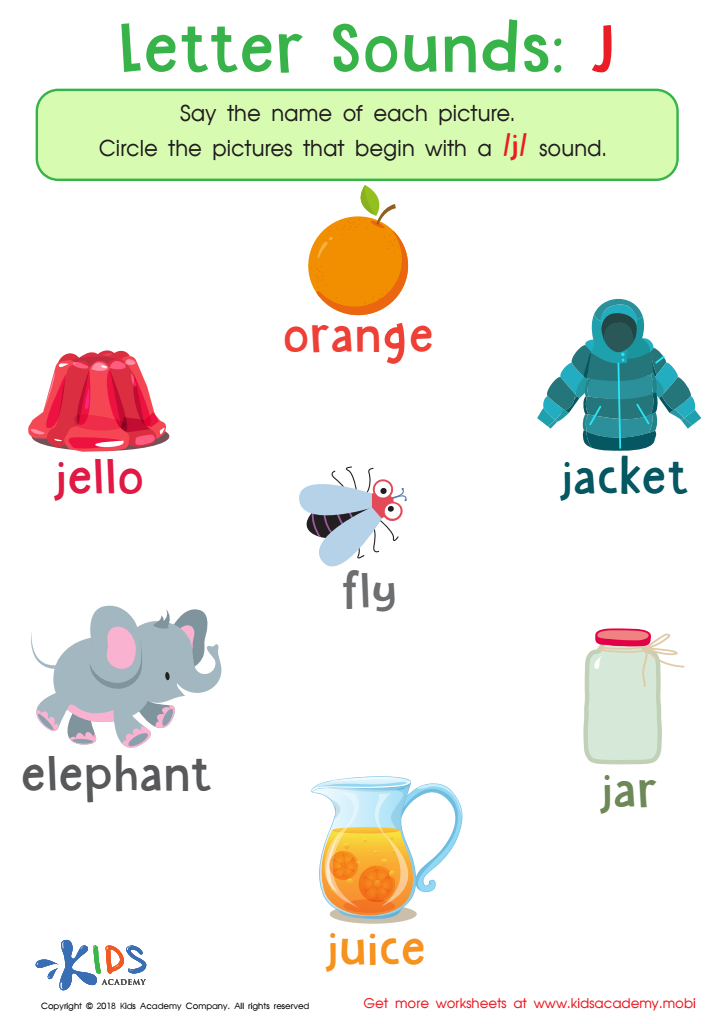

Letter Sounds: J Printable Worksheet
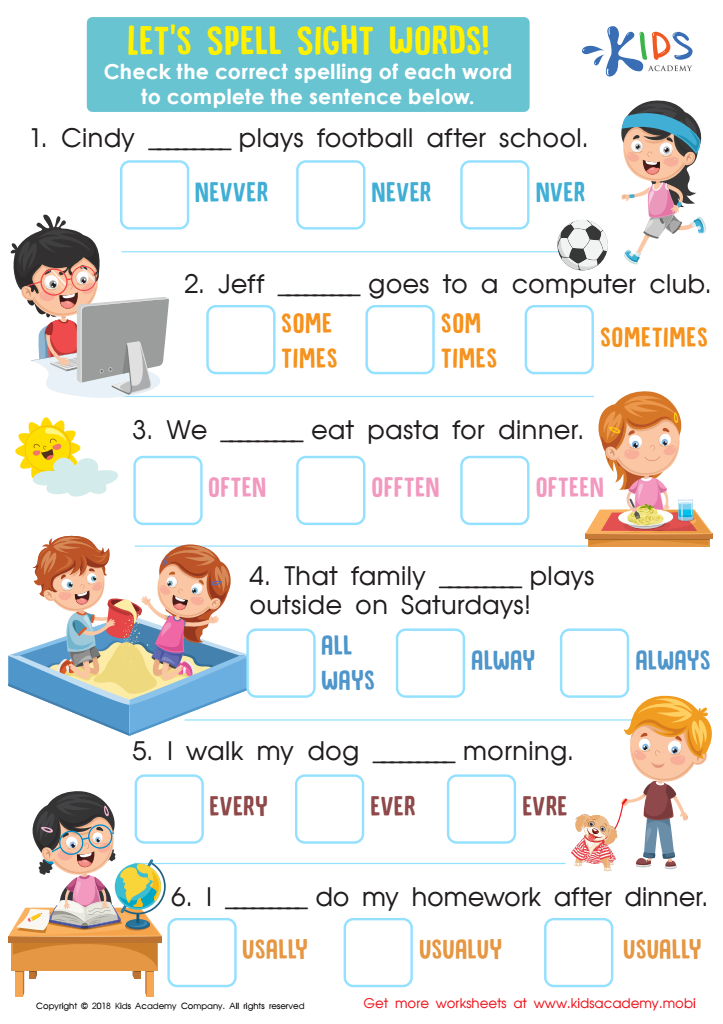

Let's Spell Sight Words Worksheet
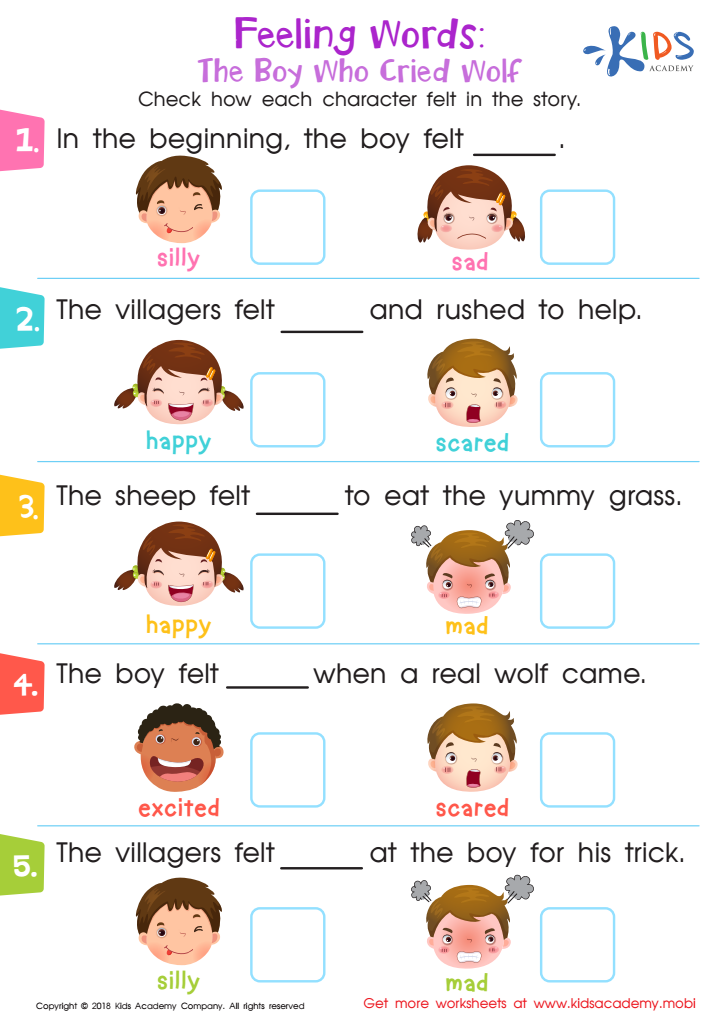

Feeling Words: The Boy Who Cried Wolf Worksheet
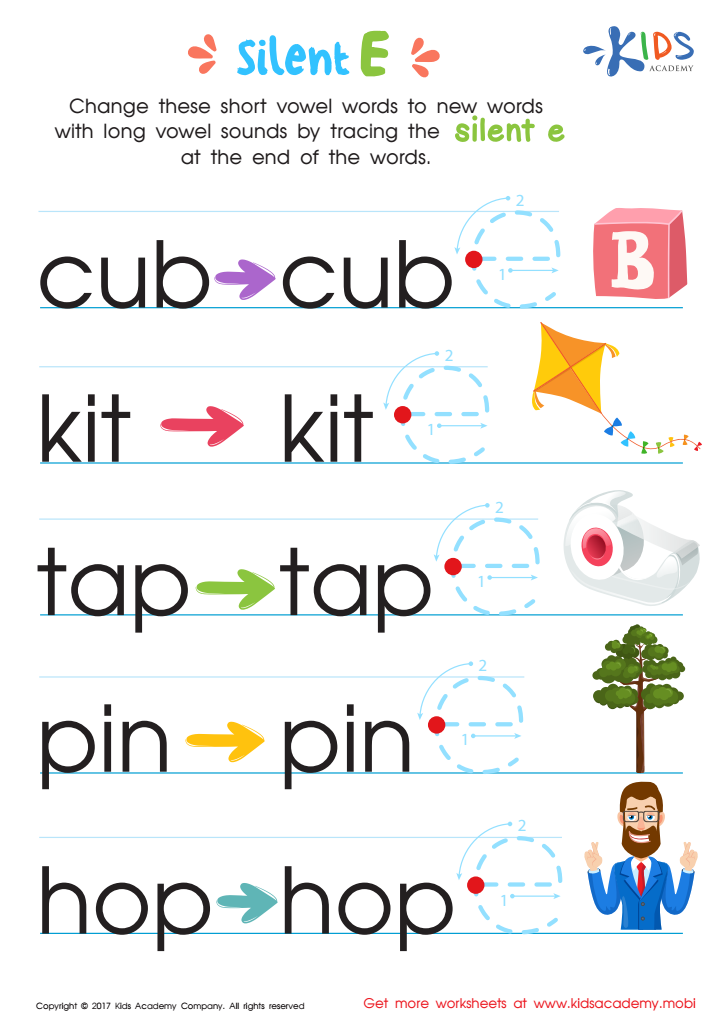

Silent E Words Worksheet
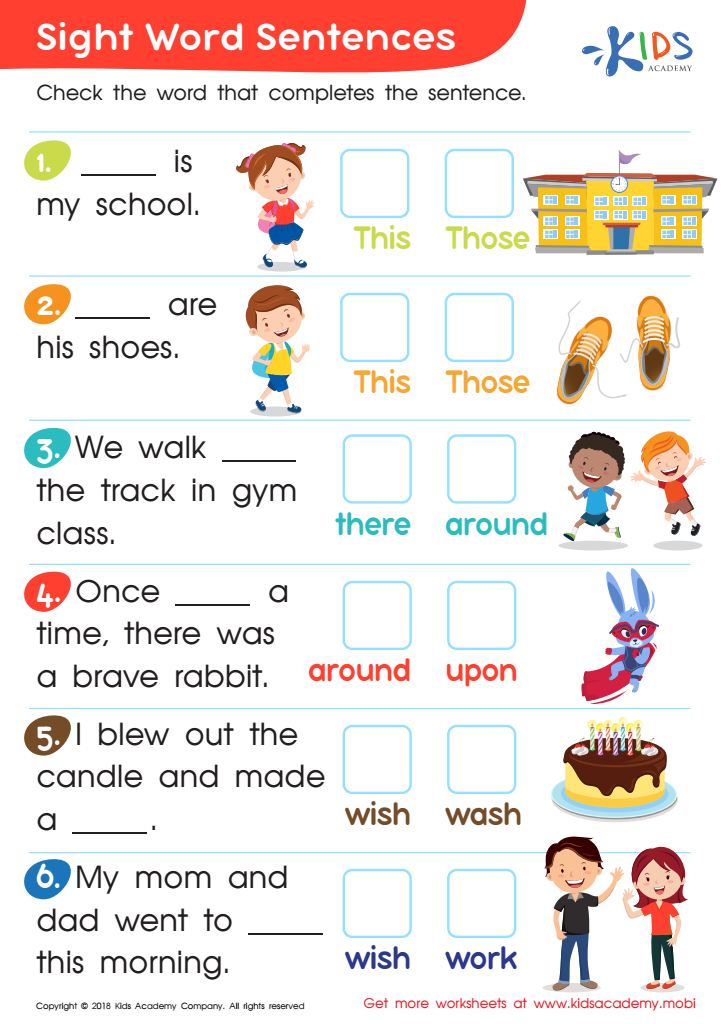

Sight Word Sentences Worksheet
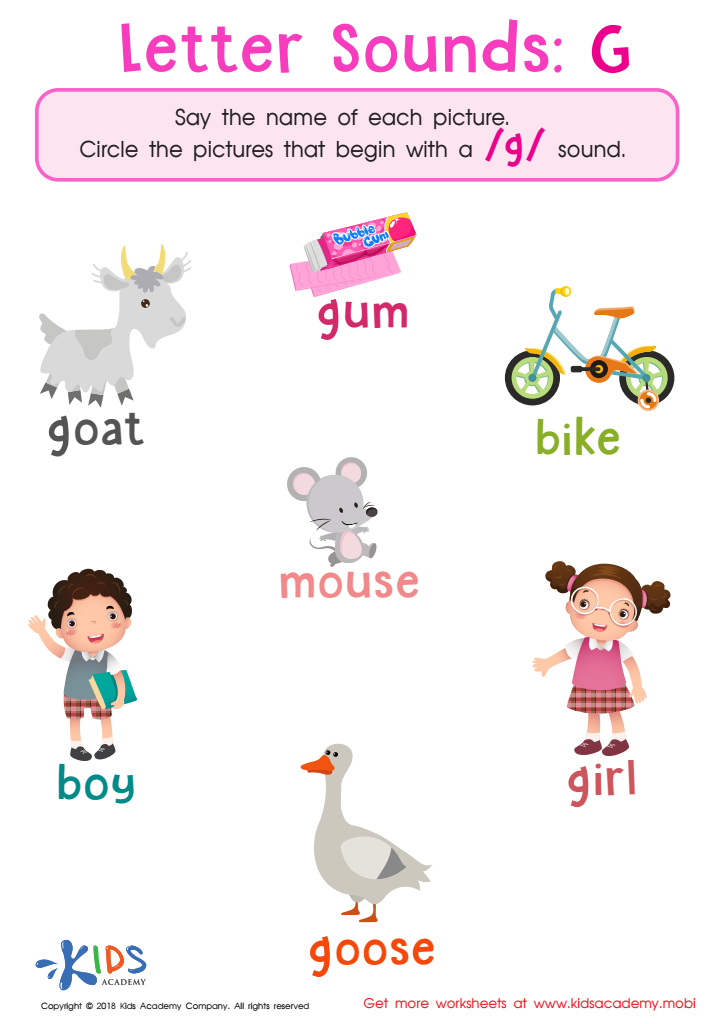

Letter G Sounds Worksheet
Reading skills development in early childhood, particularly between the ages of 3 and 8, is crucial for several reasons. At this age, children are in a critical period for language acquisition and cognitive development, making it an ideal time to foster reading skills. Strong reading abilities set the foundation for academic success. Children who read well in early grades are more likely to excel in subjects like math, science, and social studies because reading is integral to understanding instructions and context in these areas.
Moreover, reading develops essential skills such as critical thinking, comprehension, and vocabulary expansion. These skills not only aid educational growth but also nurture a lifelong love for literature, enhancing creativity and imagination.
For parents and teachers, supporting reading development can significantly influence a child's self-esteem and confidence. Engaged readers are often more motivated in school and enjoy higher levels of interaction with peers. The social benefits of reading, such as building empathy and understanding diverse perspectives, contribute to emotional intelligence.
Ultimately, prioritizing reading in early childhood is essential, as it shapes a child’s future academic trajectory, fosters enthusiasm for learning, and equips them with foundational skills necessary for navigating both academic and social environments.

 Assign to My Students
Assign to My Students




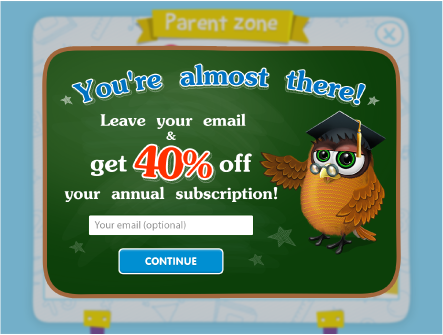
.jpg)








